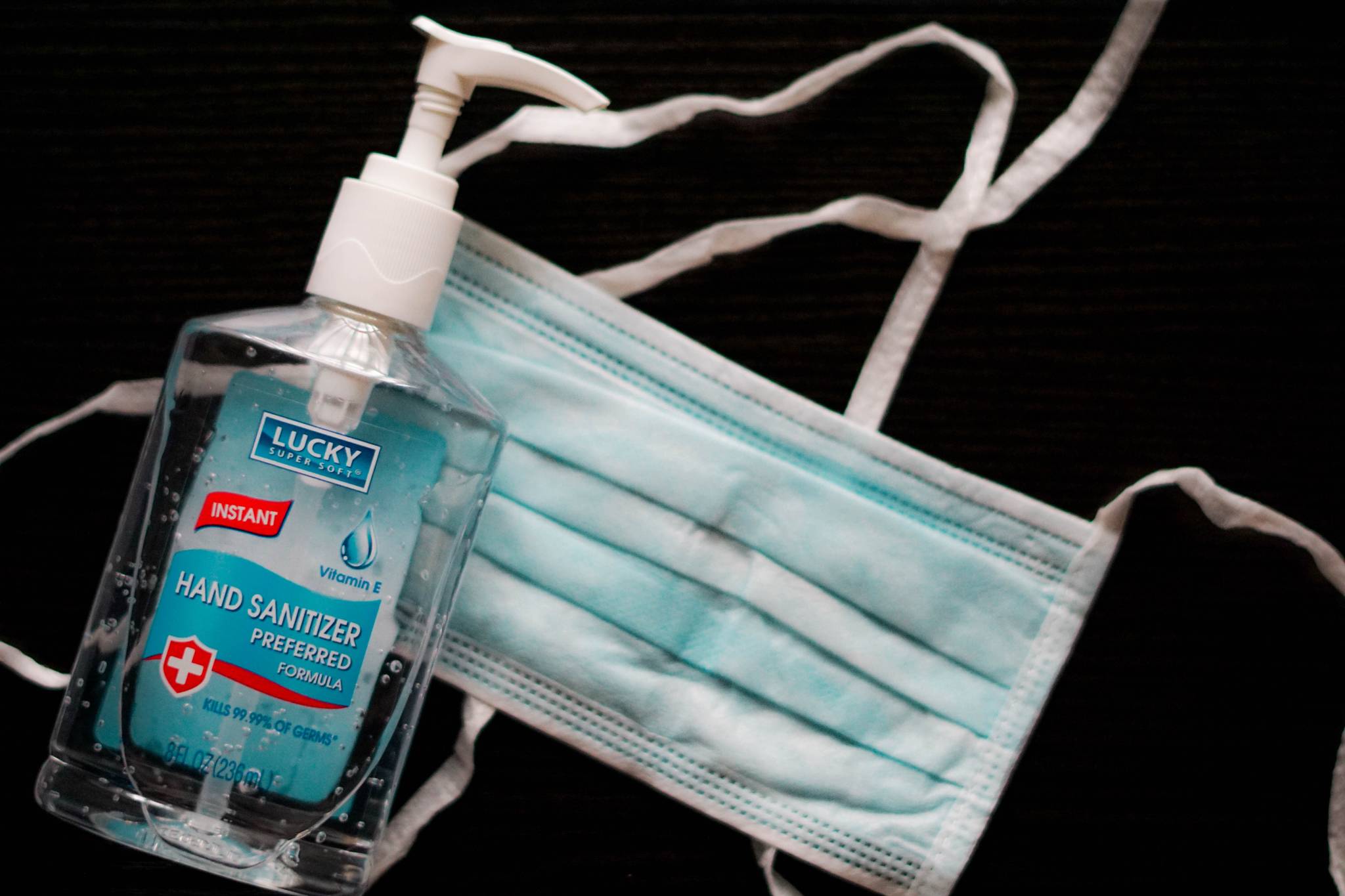Two weeks ago, Gov. Mike Dunleavy issued the “Reopen Alaska Responsibly Plan,” the first step in loosening restrictions on some businesses with the goal of reopening Alaska’s economy. Some people argue that it’s too soon, given that there’s no vaccine or antiviral treatment available and that we’re just learning how the virus behaves. Others argue that Alaska’s economy can’t survive extended shelter-in-place mandates.
Alaskans want a safe reopening to succeed. Unfortunately, our new “normal” will be very different from our old normal until an effective vaccine is widely available. With sufficient testing, contact tracing and mitigation efforts; however, we can reopen to a new normal, and this requires that we all participate.
[Dunleavy unviels next phase of reopening]
Dr. Anne Zink, Alaska’s Chief Medical Officer, describes mitigation efforts like this: Community mitigation involves behavior changes mandated by the governor — social distancing, limited gathering sizes, working from home, etc. — and personal mitigation involves individual behaviors — wearing masks in public, social distancing, washing hands, covering coughs and sneezes, staying home when ill, etc.
Safely reopening the economy involves loosening some community mitigation guidelines, which makes doubling down on personal mitigation efforts all the more important as Alaskans return to public spaces.
This is where we come in.
Note that the virus hasn’t gone away. Sheltering at home and social distancing succeeded in “flattening the curve;” that is, they slowed the spread of the virus to avoid overwhelming our health care system. Unfortunately, people infected with COVID-19 may feel fine for up to 14 days, during which they can spread the virus without knowing. This is one reason COVID-19 spread is difficult to control: It’s much easier to convince people who feel ill to stay home than people who feel fine. This is also why it’s so important that we practice personal mitigation strategies. I feel fine, but I know I may be sick, so I wear a mask in public to protect not only myself but everyone who comes into contact with the air I exhaled.
Some argue that we should let everybody get sick to achieve herd immunity. Unfortunately, as the World Health Organization states “There is currently no evidence that people who have recovered from COVID-19 and have antibodies are protected from a second infection.” Besides that, the virus appears to attack in ways unseen before: children are developing severe inflammatory syndromes, young people are experiencing strokes, others develop acute respiratory distress syndrome. Long-term impacts are also unknown but beginning to emerge. Dr. Frank Hartig of Austria observed six otherwise healthy scuba divers previously infected with mild cases and presumed recovered but who show significant and irreversible lung damage. Choosing herd immunity as a strategy would be reckless.
I appreciate Alaskans’ can-do attitude when faced with difficult challenges
. Today, we face an all-new challenge and it’s time to work together. By wearing masks in public spaces, washing hands frequently, and staying home when ill, we can help minimize transmission of COVID-19 and protect our neighbors and ourselves, while helping Alaskan businesses succeed. Go team!
• Susan Kendig is a Term Assistant Chemistry Professor at the University of Alaska Southeast and lives in Juneau. “Sustainable Alaska” is a monthly column written by UAS Sustainability Committee members. The views expressed here do not necessarily represent the views of the University of Alaska Southeast.

